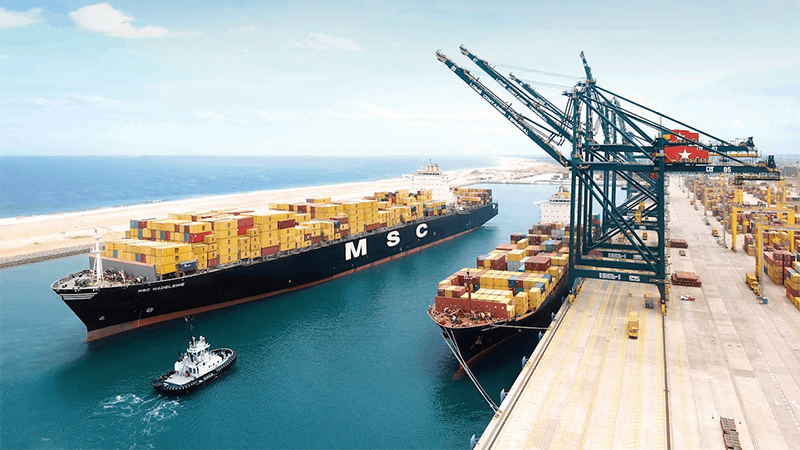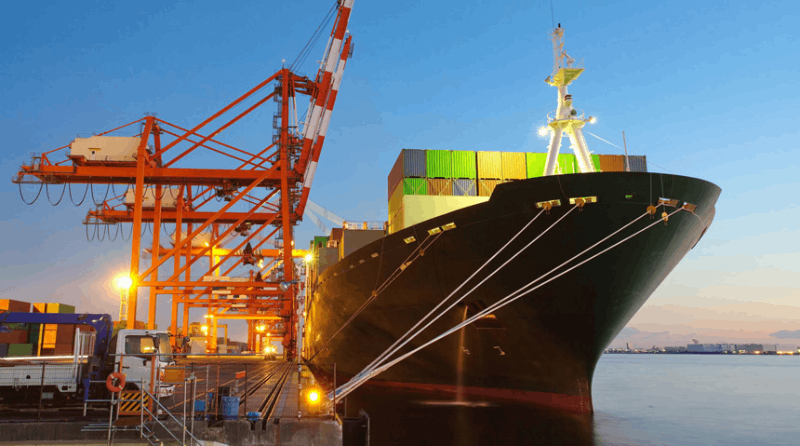Time:2022-06-17 Publisher:Kevin Num:6159

Last week, South Korean truck drivers went on strike because they did not reach an agreement with the government on the issue of wages, which led to the paralysis of freight transport at South Korea's main ports.
After an eight day strike, South Korean truck drivers returned to work today after finalizing an agreement with the government before midnight. According to statistics, the strike cost Asia's fourth largest economy nearly 2billion US dollars.
In fact, the root of truck drivers' dissatisfaction lies in the safe freight rate system. The system will expire in December, but truck drivers want to extend the system due to rising fuel costs.
After preliminary negotiations on Sunday, the two sides resumed negotiations yesterday. The Ministry of land and transport (MOLIT) of South Korea agreed to extend the freight system introduced in 2020 to ensure the minimum wage and prevent overwork and dangerous driving.
MOLIT is also considering extending the freight system to vehicles carrying other types of goods and providing more fuel subsidies to truck drivers.
According to the South Korean Ministry of trade, industry and energy, the strike disrupted South Korea's cargo transportation and manufacturing industry, with losses in the steel, automobile and petrochemical industries reaching at least $1.23 billion.
Project 44's supply chain insight data showed that the median weekly stay time in Busan soared one week after the industrial action.
The average stay time of imported containers at the main container ports in South Korea is 14.29 days, higher than the usual 4 days.
The average stay time of exported containers increased from 3.5 days in the previous week to 11.38 days.

Strike in Port Antwerp-Bruges
Recently, a strike was held in several German ports, including Hamburg, Germany's largest port. This has affected the surrounding ports.
According to the latest news, another major European port, port of Antwerp-Bruges, is preparing to strike again, while Belgium's ports are suffering from serious congestion.
Many trade unions plan to hold a national strike next Monday to demand higher wages. A similar one-day national general strike took place at the end of May this year. The suspension of port staff led to the paralysis of the operation of many ports in the country.
With the arrival of this year's peak transport season, the threat posed by European port strikes is seriously troubling freight forwarders.
Last Friday, there was a brief and threatening strike among the dock workers in Hamburg Port, Germany. It was the first strike in Germany's largest port in more than 30 years.
At the same time, other port cities in northern Germany also participated in the salary negotiation. The unions in Hanseatic are threatening further strikes at a time when the port is already heavily congested.
GLA hereby reminds the majority of cargo owners and freight forwarders to always pay attention to the global port dynamics and obtain timely communication with shipping companies to prevent cargo delivery delay.



